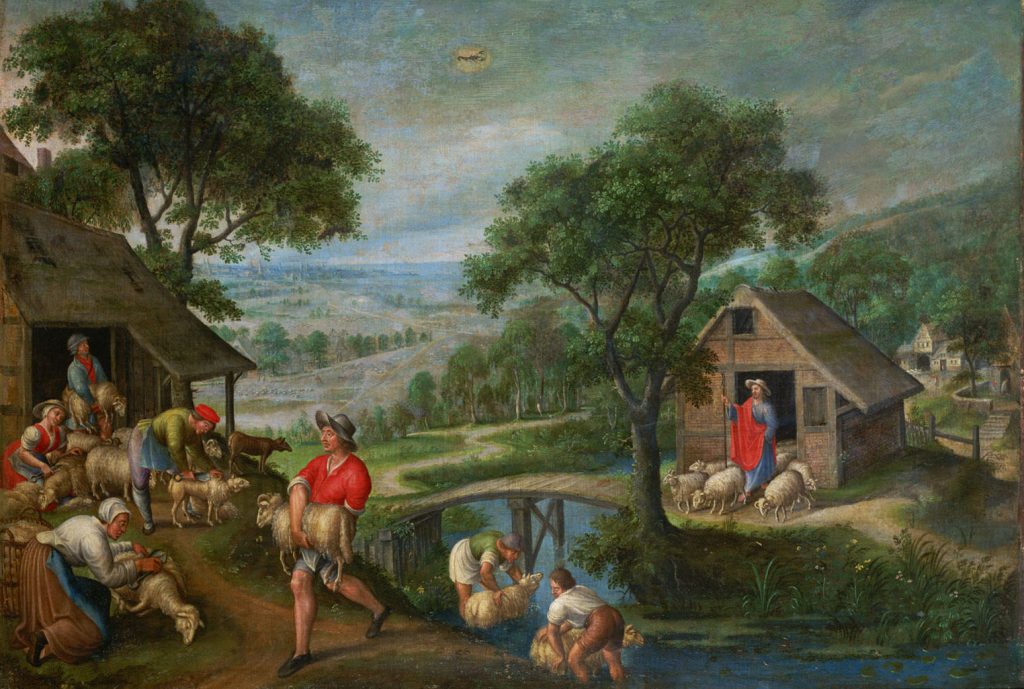Easter’s empty tomb is a call to conversion.
By this tomb, we should know for certain that God has made Jesus both Lord and Messiah, as Peter preaches in the first reading.
He is the “Lord,” the divine Son that David foresaw at God’s right hand (see Psalms 110:1,3; 132:10-11; Acts 2:34). And he is the Messiah that God had promised to shepherd the scattered flock of the house of Israel (see Ezekiel 34:11-14, 23; 37:24).
As we hear in the Gospel, Jesus is that Good Shepherd, sent to a people who were like sheep without a shepherd (see Mark 6:34; Numbers 27:16-17). He calls not only to the children of Israel, but to all those far off from him — to whomever the Lord wishes to hear his voice.
The call of the Good Shepherd leads to the restful waters of baptism, to the anointing oil of confirmation and to the table and overflowing cup of the Eucharist, as we sing in the psalm.
Again on this Sunday in Easter, we hear his voice calling us his own. He should awaken in us the response of those who heard Peter’s preaching. “What are we to do?” they cried.
We have been baptized. But each of us goes astray like sheep, as we hear in the epistle. We still need daily to repent, to seek forgiveness of our sins, to separate ourselves further from this corrupt generation.
We are called to follow in the footsteps of the shepherd of our souls. By his suffering he bore our sins in his body to free us from sin. But his suffering is also an example for us. From him we should learn patience in our afflictions, to hand ourselves over to the will of God.
Jesus has gone ahead, driven us through the dark valley of evil and death. His cross has become the narrow gate through which we must pass to reach his empty tomb — the verdant pastures of life abundant.
Scott Hahn is founder of the St. Paul Center for Biblical Theology, stpaulcenter.com.

